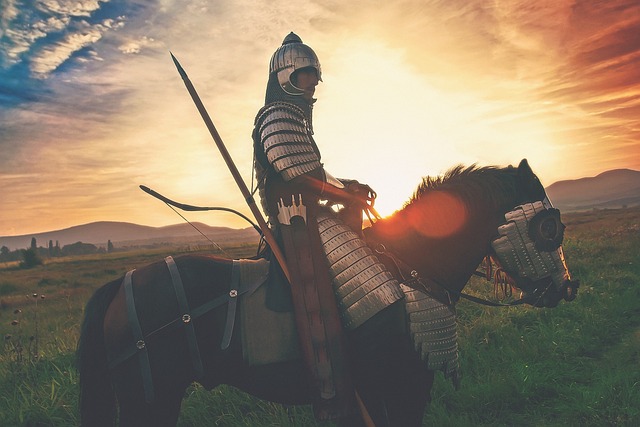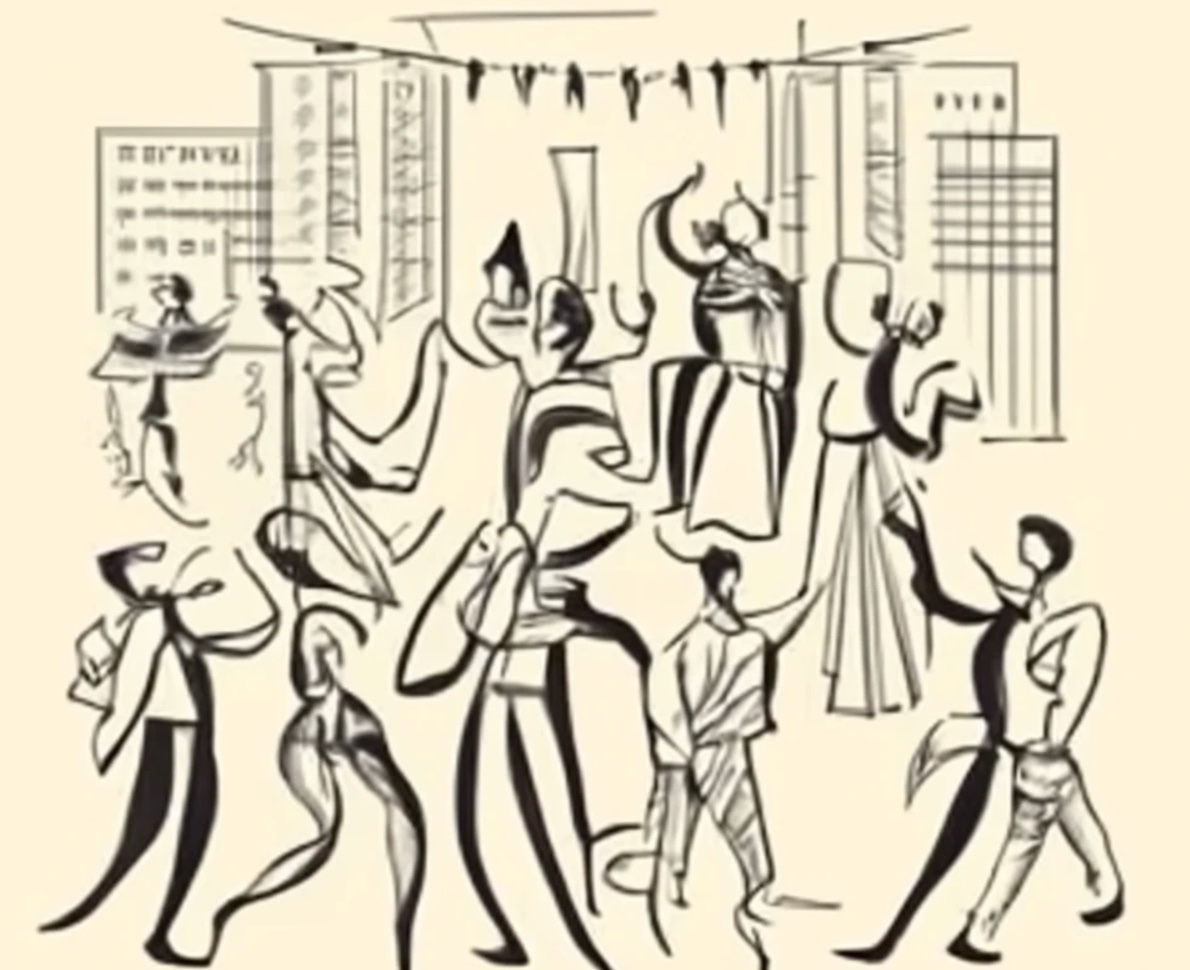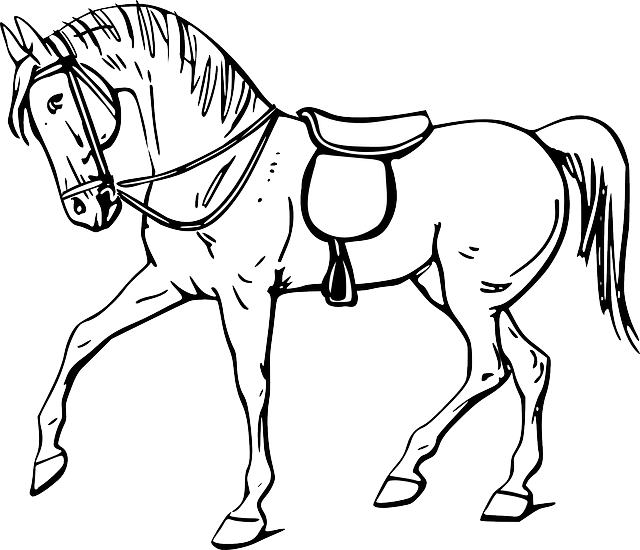Grand National Battles: Winners and Runners Up
 Since 1839, the Aintree Grand National has been a race to capture the imagination. Horse trainers, jockeys, owners and punters don’t feel complete until the day they have tasted victory in the most famous steeplechase in the world.
Since 1839, the Aintree Grand National has been a race to capture the imagination. Horse trainers, jockeys, owners and punters don’t feel complete until the day they have tasted victory in the most famous steeplechase in the world.
We all remember the day we picked our first winner. I was just eleven years old (yes, I know I wasn’t meant to be betting, but my Dad went to the little independent at the top of our road called Scotneys).
It was 1981.
The day Bob Champion and Aldiniti won the race of their life. Literally. Champion bravely battled against cancer, while his trusty mount came back from serious injury to win a race that many considered impossible. A story that one day would be made into a film, staring John Hurt. The original music score by Carl Davis sends shivers down the spine. If you’ve never watched the film, you won’t be disappointed.
The Aintree Grand National epitomises life. Triumph, tragedy, love and loss.
In a way these words are ascribed to each and every horse who has taken their chance to win in this race of all races.
You could put the name of your favourite horse here… [Red Rum, Aldaniti, Red Alligator et al].
There have been times when few horses completed the Grand National course. Tipperary Tim, the only horse to not fall in 1928, won by a distance. But what about those races where after running 4m 2 ½ furlongs and 30 fences, whether going as fast a lightning (1990, Mr Frisk) or slow as a snail (1839, Lottery), the finish is close.
All too close…
Let’s look at a few races where winning and losing were strides apart, and what separate the winner from the runners up.
1848 –
Heavy going. Rider Lieutenant Josey Little rode his mount Chandler to win by just half a length. The runner up was The Curate ridden by Tom Oliver.
1851 –
Abd-El-Kader had already won the 1850 Grand National, but had to battle for his win the following year to beat Maria Day by the unusual distance of half a neck (on old term which in this modern era would probably be a head). He was the first horse to win back to back Nationals.
In more recent times, there have been a few close calls.
Take a look at those from the last 30-years:
2007: Silver Birch. The 33/1 shot won by three quarters of a length. Gorgon Elliott’s charge ran well but you have to give credit to McKelvey who finished second, staying on but finished lame.
2012: Neptunes Collonges. Paul Nicholl’s grey gelding finished with verve as the 33/1 got up to beat runner up Sunnyhillboy by a short head.
Was this the closest finish in the history of the Grand National? It’s difficult to know as back in the day race reports were scarce.
2018: Tiger Roll. His first National win for Gorgon Elliott. The pint-sized runner for owners Gigginstown House Stud. Heavy going made this a test of stamina and from looking an easy winner Tiger Roll had to dig deep and held the late challenge of Pleasant Company by a head.
The Aintree Grand National is one of those races where you really don’t want to be pushed to the limit. If there is one race which characterised this, the legendary battle of battles between the supreme King of Aintree, Red Rum. Not only did he prove victorious in 1973, 1974 & 1977 but had to battle hard to beat his biggest adversary, the Black Kangaroo, Crisp. Runners Up in one sense place almost as big a role in racing history as the winners.
And the ultimate Grand National battle of battles?
1973. Aintree, Liverpool.
Australian horse Crisp, a giant who had to carry a heavyweight of 12 stone looked a certainty until be collard by Red Rum in the last few strides to win by three quarters of a length. Red Rum achieved a course record that day, but carried just 10 stone 5 pounds. Two horses fighting hard to win.
 The 1990s UK saw a transformative time. Margaret Thatcher was succeeded by John Major at the beginning of the decade.
The 1990s UK saw a transformative time. Margaret Thatcher was succeeded by John Major at the beginning of the decade. With the ending of World War I and formal signing of The Treaty of Versailles on the 28th June 1919, it was a period of social, political and cultural change.
With the ending of World War I and formal signing of The Treaty of Versailles on the 28th June 1919, it was a period of social, political and cultural change. The Wall Street Crash in 1929 had a major impact on the 1930s in the UK and across the world. The depression led to over 3 million unemployed, widespread poverty, and social unrest. It was a time of tension between workers and employers.
The Wall Street Crash in 1929 had a major impact on the 1930s in the UK and across the world. The depression led to over 3 million unemployed, widespread poverty, and social unrest. It was a time of tension between workers and employers. With the start of the Second World War on the 1st Septemeber 1939, and the invasion of Germany on Poland, there was much uncertainty. The 1940s would be a decade of great change as seen with the partial loss of the Aintree Grand National.
With the start of the Second World War on the 1st Septemeber 1939, and the invasion of Germany on Poland, there was much uncertainty. The 1940s would be a decade of great change as seen with the partial loss of the Aintree Grand National.